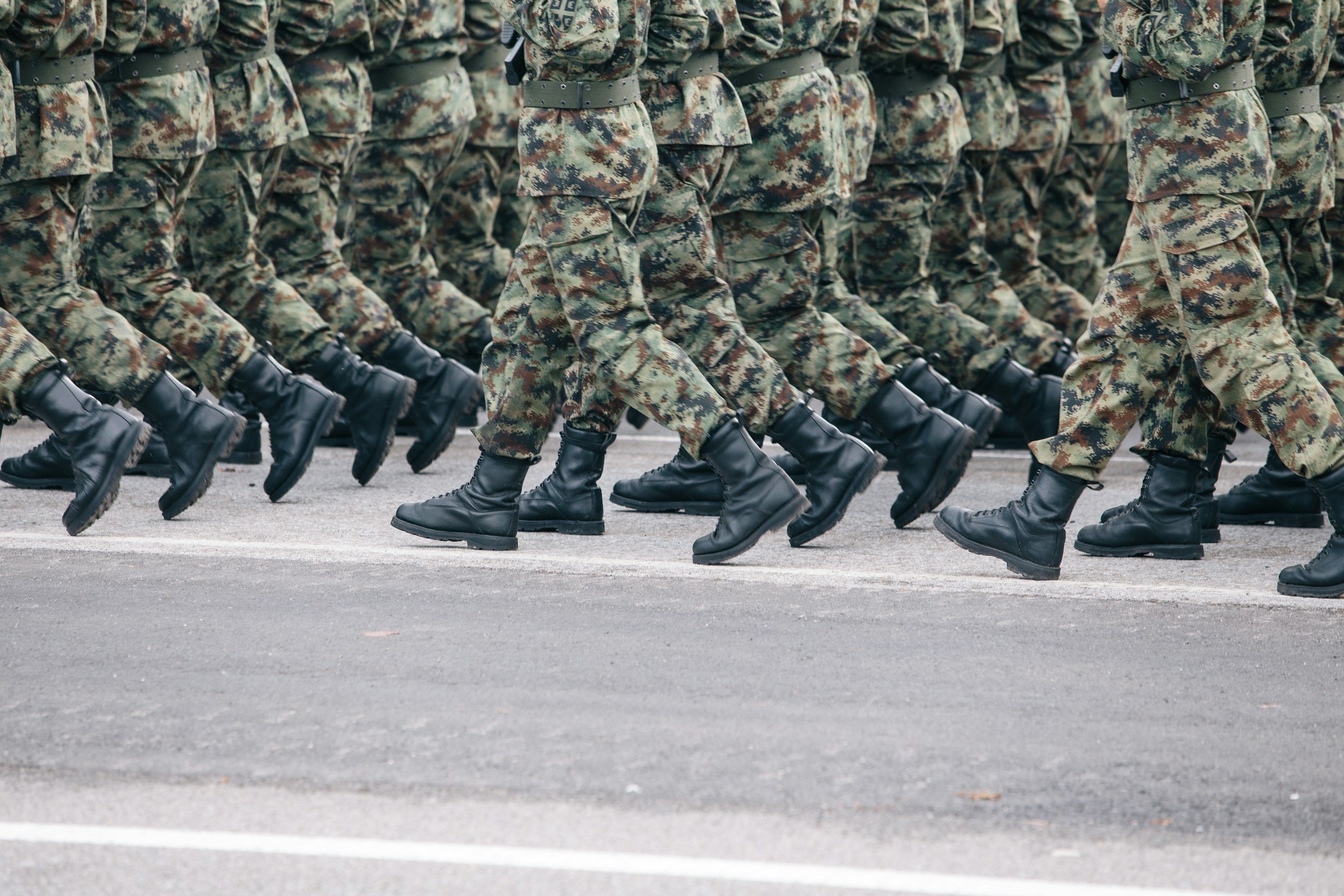
Money in Modern War and the Blockade of Germany, 1914-18 by Jonathan Boff
Tuesday 3 February, 16.00
Lecture Theatre, Manor Road Building
Money in Modern War and the Blockade of Germany, 1914-18
Professor Jonathan Boff
President Franklin Roosevelt once said ‘no major war has ever been won or lost through lack of money.’ He was wrong. This paper explains why. It argues that as states struggled to finance the immense war efforts required by the two world wars, and to undermine their enemies, money became a crucial weapon. The UK and USA led the way in discovering new methods of using money to do both. In the process they invented forms of economic statecraft that remain relevant today, redefined the relationship between citizen and state as well as the meaning of money itself, and blurred the boundaries between war and peace. Using money as a lens through which to study the two world wars allows us to see them in a fresh light, as a case study of the blockade of Germany between 1914 and 1918 demonstrates.
Jonathan Boff is Professor of Military History at the University of Birmingham, where he teaches courses covering topics from Homer to Helmand. His prize-winning books include Winning and Losing on the Western Front (Cambridge University Press, 2012) and Haig's Enemy (Oxford University Press, 2018). Oxford University Press will publish his history of economic statecraft and warfare, The Age of Mammon and Mars: Money and War in the Modern World, in 2026.
All are welcome, no need to book.























